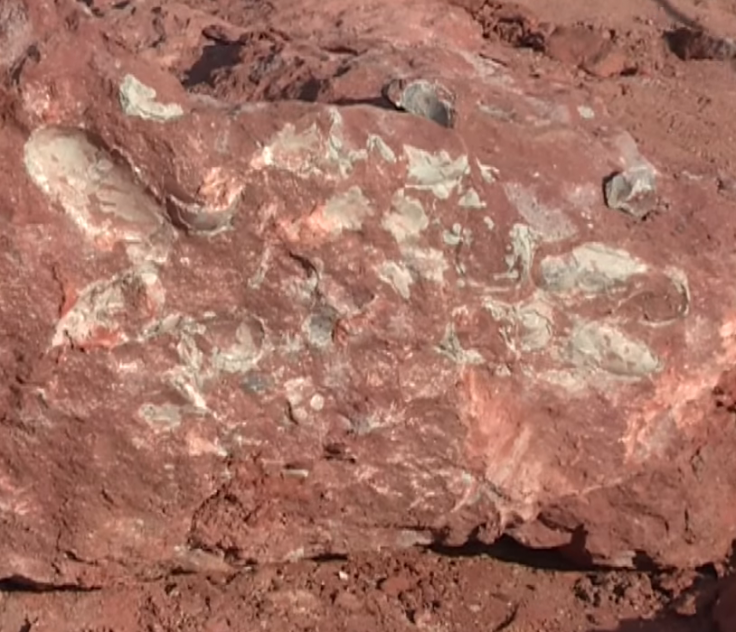
Construction workers, while digging up the site of a school in Jiangxi situated in south-east China found a hoard of 20 oval-shaped dino eggs.
Witnessing Spielberg's Jurassic Park, in reality, has been a dream for many and yes scientists are working towards achieving the same goal. Therefore, there remains a tiny possibility of actually walking with the dinosaurs. What remains in question is the fate of humankind, post the re-advent of the giant reptiles.
Speaking of the Jurassic age, dinosaurs and other mysterious findings, China has been making headlines for a long time. Recently, archaeologists recovered a set of wooden slips belonging to the first Chinese emperor Qin Shihuang, the maker of the terracotta army which states how China's first monarch was desperate to gain immortality. Also, paleontologists in China recently unearthed more than 200 fossilized dino eggs belonging to Pterosaurs or prehistoric flying reptiles from the late Triassic period to the end of the Cretaceous period.
Also Read: Famous shark with 129K Twitter followers disappears mysteriously
The eggs discovered by the construction workers in Jiangxi also belong to the Cretaceous period as they are made of 2mm-thick black shells. The building has been shut down as the scientists were recovering the eggs. This finding sheds new light on Jurassic age theories, proving once again that China was home to at least 20 different species of dinosaurs.
Scientists are trying to bring the prehistoric beasts back to life. They have revently tried to extract DNA from a 99 million-year-old tick, which probably fed on dino flood. However, the extraction processes failed as the specimen was too old. Nevertheless, it was a path-breaking discovery as it is rare to find parasites with their hosts and this one was preserved clung to a dino feather in tact.
"Ticks are infamous blood-sucking, parasitic organisms, having a tremendous impact on the health of humans, livestock, pets, and even wildlife, but until now clear evidence of their role in deep time has been lacking," said Enrique Peñalver from the Spanish Geological Survey (IGME), the lead author of the work.
Helen Pilcher, a science expert in her book Bring Back the King: The New Science of De-extinction says that if dino blood can be recovered from a hungry mosquito [if at all mosquitoes existed back then] that fed on dinosaurs, then the blood cell from the parasite can be transplanted "into an egg that had had its own DNA removed [it is possible to] grow a dinosaur."
Scientists who experimented with the idea after extracting dinosaur-building DNA from the ancient amber, failed miserably due to the short lifespan of this complex molecule. Had they succeeded, dinosaur blood from ambers shown in Jurassic Park could have transformed Spielberg's silver screen magnum opus into reality.
The flipside of it is, if at all scientists are successful in bringing back the Jurassic era to life, humans are in for a trouble -- they might just turn extinct.









